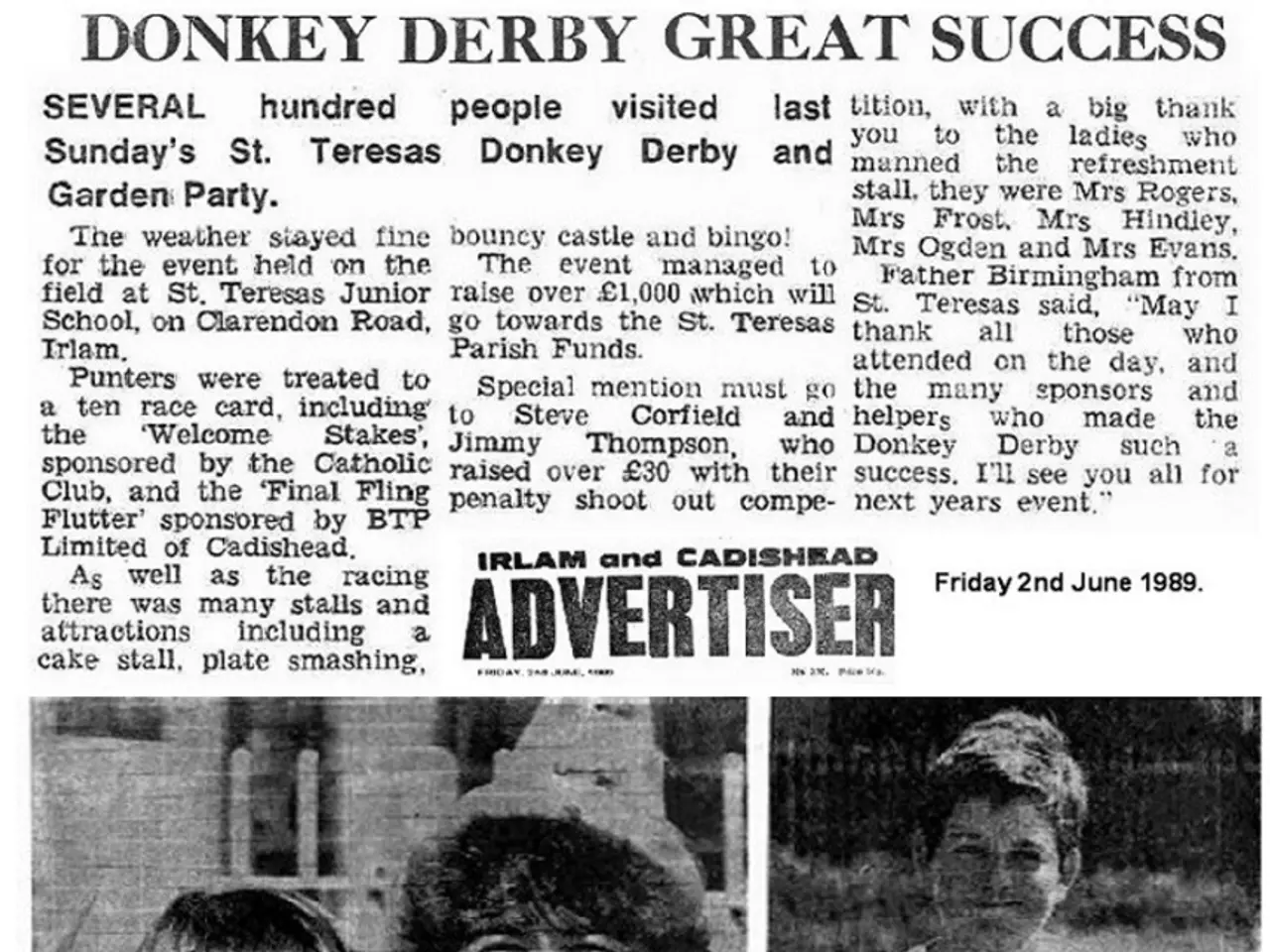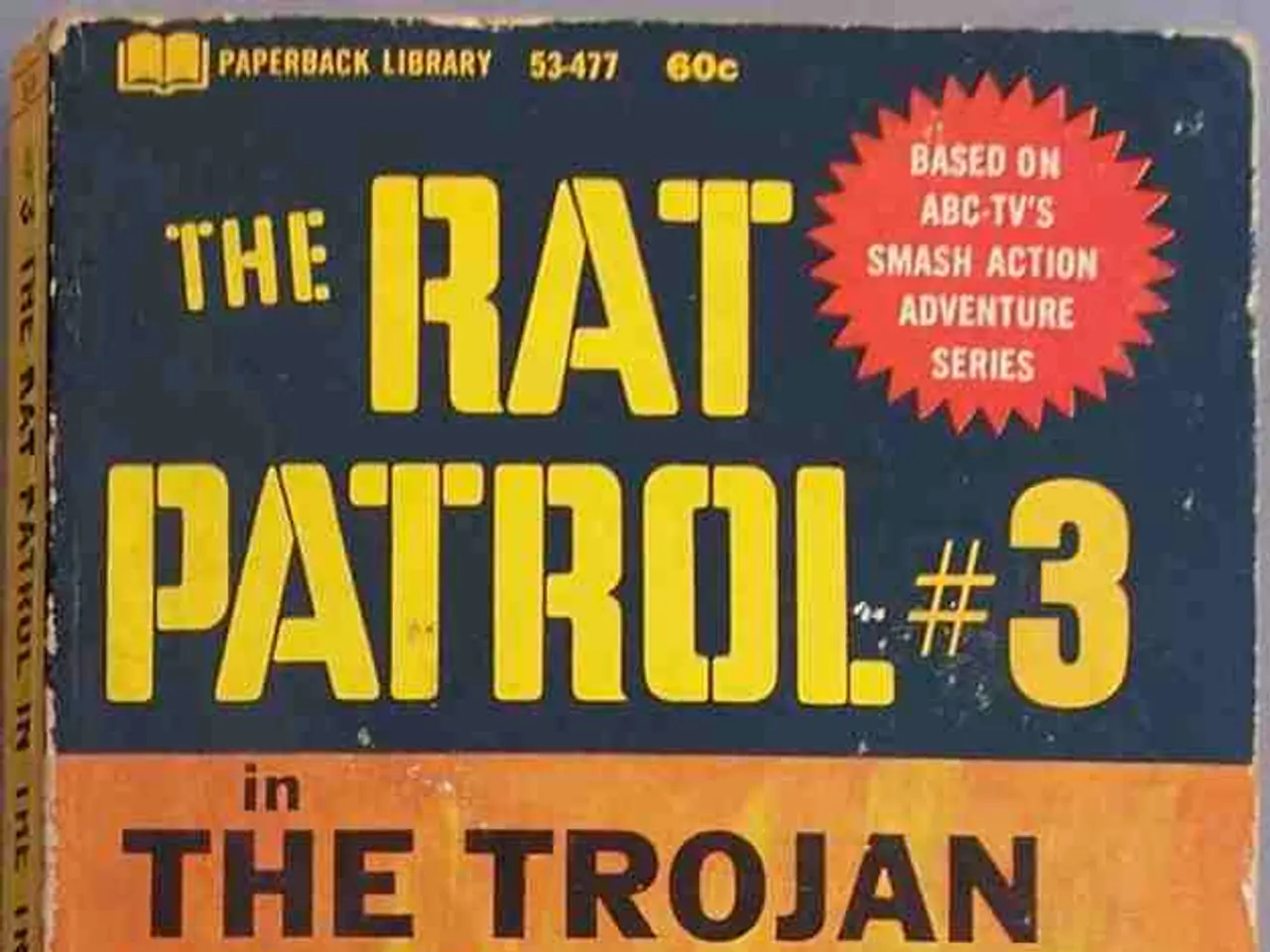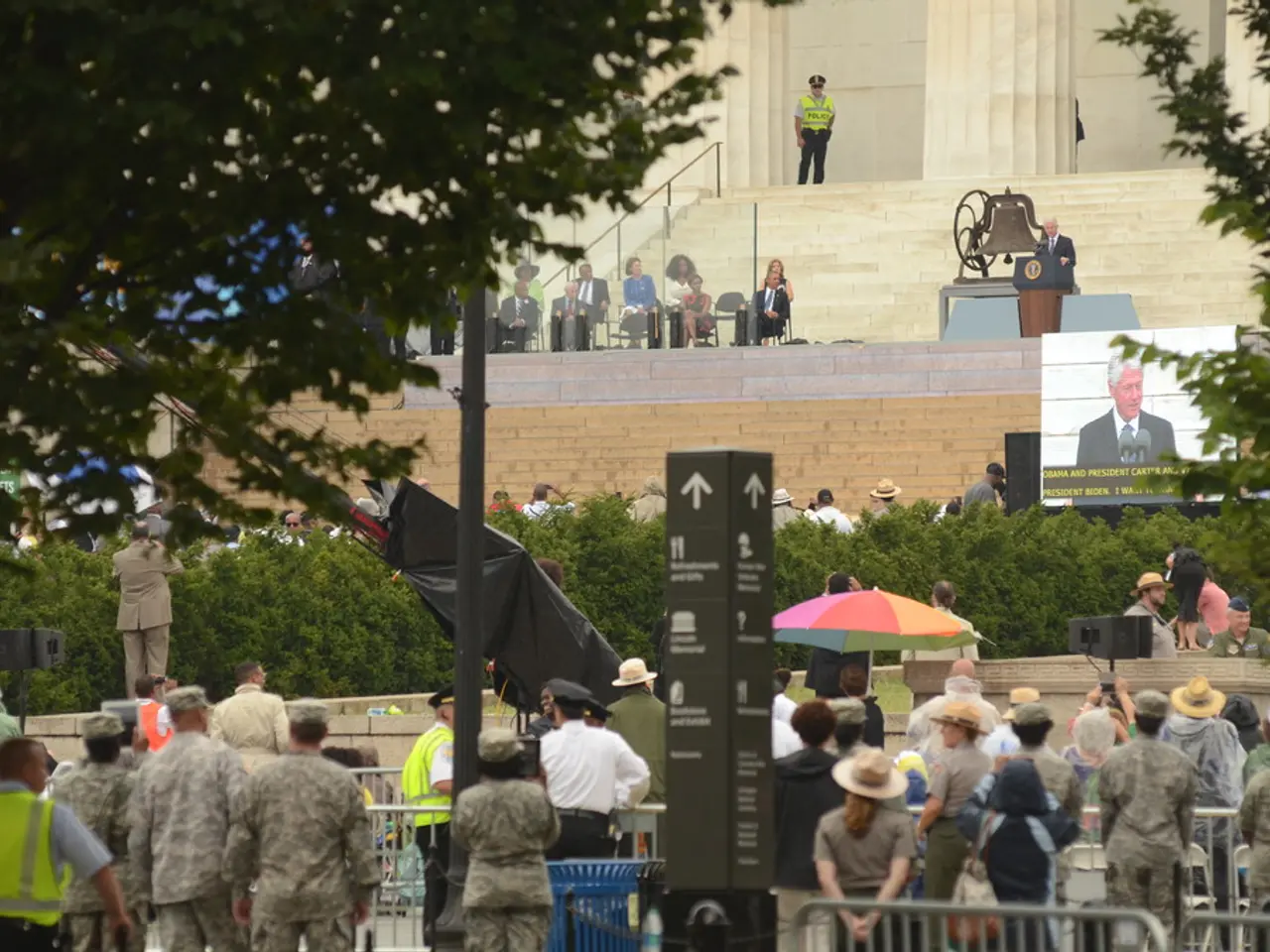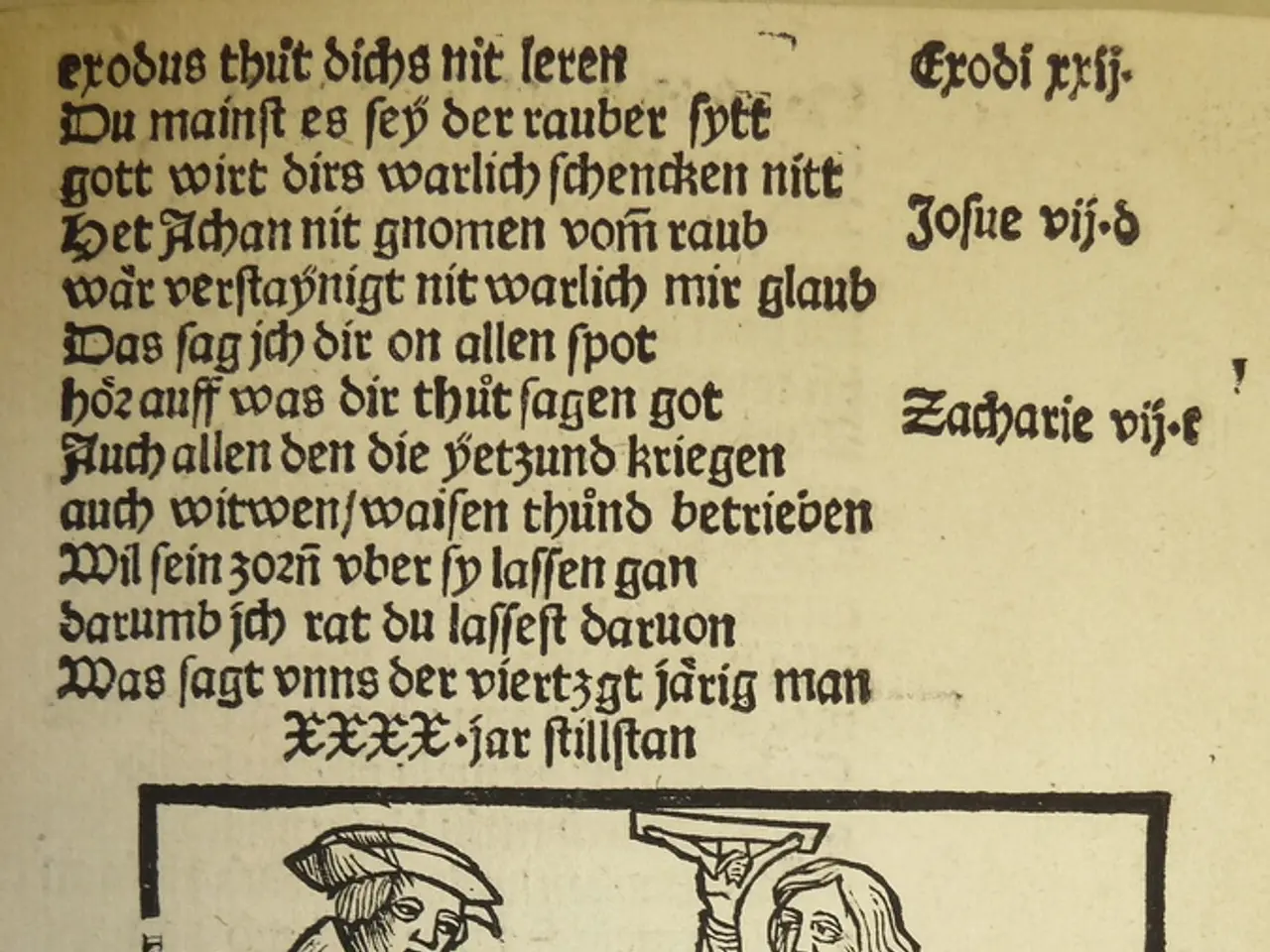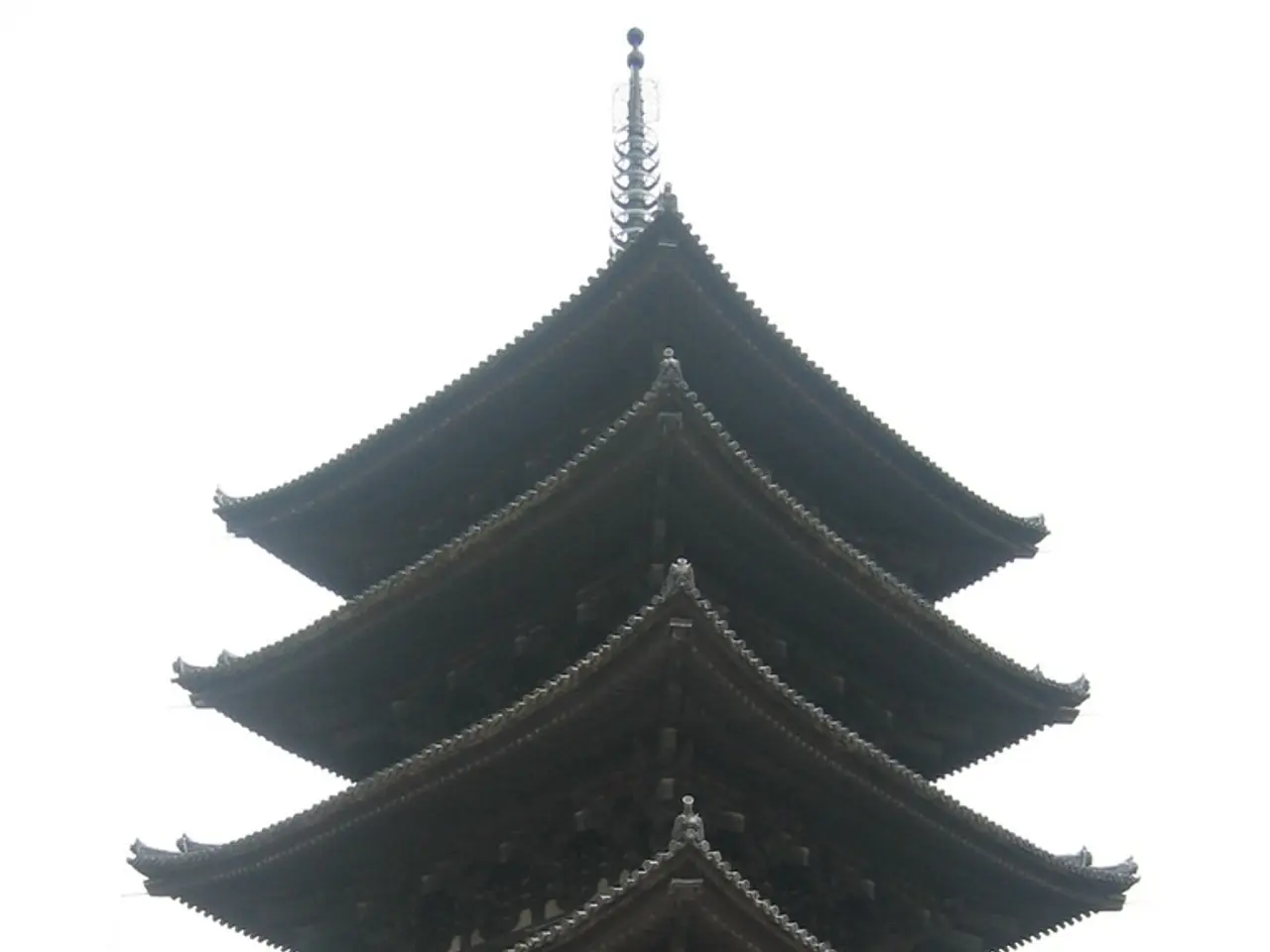Israel Initiates Counteraction | Accusing Criticism as Anti-Semitic for Highlighting Alleged Genocidal Acts in Gaza
In a case that could reverberate across the West, Australian journalist Mary Kostakidis is standing trial for alleged racial hatred against Jews, specifically under Australia's Racial Discrimination Act (Section 18C). The central issue in her case is whether criticizing Israel equates to anti-Semitic hatred, a debate that has gained international attention [1][2][3][4].
Kostakidis' tweets about the Gaza situation and sharing a speech by Hezbollah’s Hassan Nasrallah have been deemed by the Zionist Federation of Australia (ZFA) as "reasonably likely to offend, insult, humiliate, or intimidate" Australian Jews, with the ZFA equating some of her remarks with anti-Semitic hate speech [1][2][3][4].
However, Kostakidis and her legal team argue that these actions are legitimate journalistic reporting and political critique, protected under free speech exemptions in the law [4]. The case reflects the contentious issue where criticism of Israel or Zionism is sometimes labeled as anti-Semitic, raising critical questions about where the line is drawn between political expression and racial or ethnic hatred on a global scale [2][4].
The conflation of Zionism with anti-Semitism is the central issue in this case, and it highlights a broader international debate about this conflation. The ZFA accuses Kostakidis of spreading anti-Semitic conspiracy theories by equating Zionism with Nazism and criticizing Israel as an apartheid state [4].
The outcome of this case is expected to have great international significance, as it tests the boundaries between freedom of speech, journalistic reporting, and racial discrimination laws in relation to the Israeli-Palestinian conflict. The court's consideration of the ZFA's case against Kostakidis is troubling, as it raises concerns about the potential suppression of free speech and the labelling of legitimate criticism as hate speech [1][4].
The judiciary has the opportunity to show up a craven and complicit Australian government and take a stand against Israel and its minions. The hearing took place in Sydney, Australia, and the mounting public pressure on Western governments has made Israel's accomplices react, with some vowing to recognize the existing Palestinian state [5].
Sources:
- https://www.jewishinsider.com/2025/07/30/australian-journalist-mary-kostakidis-sued-by-zionist-lobby-for-social-media-posts/
- https://www.aljazeera.com/news/2025/08/03/israel-activates-its-cells-in-australia-to-silence-critics-of-its-policies
- https://electronicintifada.net/blogs/ali-abunimah/australian-journalist-mary-kostakidis-faces-zionist-lawsuit-criticizing-israel
- https://consortiumnews.com/2025/08/03/israel-activates-its-cells/
- https://www.middleeastmonitor.com/20250731-australian-journalist-sued-for-anti-semitism-after-criticising-israel/
- The debate over whether criticizing Israel equates to anti-Semitic hatred, as seen in the trial of Australian journalist Mary Kostakidis, complicates the boundaries between political expression and racial discrimination, particularly in relation to war-and-conflicts, politics, and general news.
- The conflation of Zionism with anti-Semitism, exemplified by the Zionist Federation of Australia's accusations against Kostakidis, raises questions about crime-and-justice within the context of free speech, journalistic reporting, and international laws in war-and-conflicts zones.
